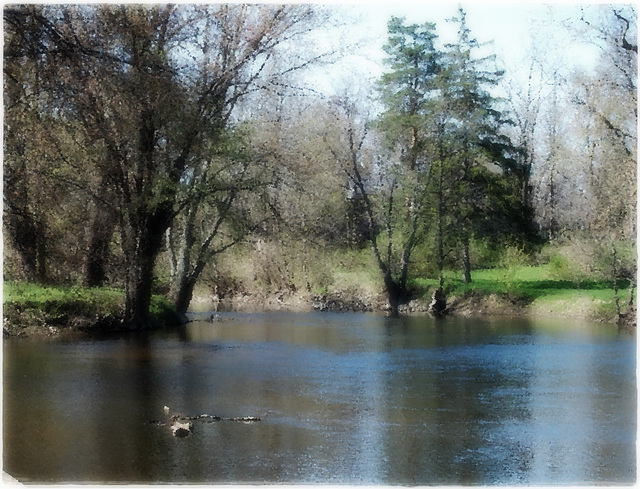A Tree Tale
Night Train
Nightfall
Invitation to voyage
Doll
Today has been alright
I like to drive alone....
Regenzeit II
Quiet grey
Raindown
Morning mood
Five years of Friends of Friends
Only the wind
Gray skies
Weightless
Winterdipsaus
Halcyon
Nightfall
Lost in the Weathering Petals
Cloudline ~ Hilo, Hawaii
Dissolving Time
Clear Empty Night
If I had a hammer...
Only the Wind
Water music
Snow
Starving but happy
Snow
Origamibiro
Atmos VI
Street furniture Music
Tail Lights
Planet Ocean
Message in the Bottle
Vecchi-Soli
Emptiness
To These Amber skies
Snow flakes
After Most
Tumulus
Street Furniture music
Wind Runner
Reflection
To the end
Broken
Delicate Power
Film One
Lost in the withering petals
Vecci Soli
Frosty morning
See also...
Keywords
Authorizations, license
-
Visible by: Everyone -
All rights reserved
- Photo replaced on 20 Nov 2016
-
143 visits
- Keyboard shortcuts:
Jump to top
RSS feed- Latest comments - Subscribe to the comment feeds of this photo
- ipernity © 2007-2024
- Help & Contact
|
Club news
|
About ipernity
|
History |
ipernity Club & Prices |
Guide of good conduct
Donate | Group guidelines | Privacy policy | Terms of use | Statutes | In memoria -
Facebook
Twitter



It suggests the water which will soon flow by is now making its way down the mountain, for example, which that which has just flowed past is presently further downstream. It is not a matter here of collapsing time by arguing -- as is frequently done -- that neither the past nor the future actually exists and that the present, strictly defined, is absolutely instantaneous and hence, being totally without extension, likewise in non-existent. On the contrary, by making the future pre-exist, the present exist and the past survive, the common sense view renders them all present in the objective world so that, conceived as existing in-itself, the world is completely full of 'instances of "now" '.... Page 125
Sign-in to write a comment.